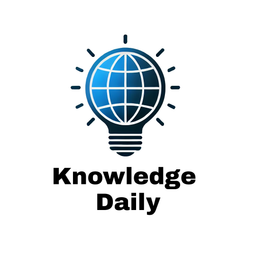Finance
Hidden Help: Government Benefits Many Seniors Overlook
For millions of older adults, the challenge of stretching a fixed income across rising costs is more than just monthly budgeting—it’s a daily reality. Yet what many don’t realize is that help might already be available to them. Across the country, government programs offer valuable financial assistance for everything from healthcare and housing to food and utilities. But these benefits are often underused, simply because people don’t know they exist.

One of the most overlooked programs is the Supplemental Nutrition Assistance Program (SNAP), once known as food stamps. While many associate SNAP with younger families, it also serves thousands of seniors—especially those living alone or on limited Social Security. Even modest monthly support can make a real difference in ensuring access to fresh, nutritious food.
Another valuable resource is the Low-Income Home Energy Assistance Program (LIHEAP), which helps qualifying households cover the cost of heating and cooling. For seniors in regions with extreme seasonal temperatures, this support can be the difference between comfort and hardship. LIHEAP can also provide weatherization assistance to improve home energy efficiency and reduce bills long-term.
Housing costs are another major burden for many retirees. Fortunately, rental assistance programs through the Department of Housing and Urban Development (HUD) can reduce monthly rent or connect seniors with subsidized housing communities. These programs often have waiting lists, but applying early and staying informed about availability can make all the difference.
Healthcare is another area where seniors might qualify for help. In addition to Medicare, programs like Medicaid and the Medicare Savings Program offer assistance with premiums, co-pays, and prescription drugs. The Extra Help program through Social Security, for instance, can significantly reduce the cost of medications for those who meet income and asset limits.
For veterans, the Department of Veterans Affairs offers a range of benefits that go far beyond basic healthcare. From disability compensation to caregiver support and home loan assistance, these programs are designed to honor service—but they require proactive application and sometimes detailed documentation.
Unfortunately, the complexity of the system often discourages people from pursuing what they’re entitled to. That’s why organizations like BenefitsCheckUp.org and local Area Agencies on Aging exist—to guide individuals through eligibility questions and application processes. Many of these services are free and staffed by trained professionals who can help navigate the fine print.
The truth is, there is no shame in seeking support. These programs exist because policymakers recognized that people who spent decades working and contributing deserve dignity and security in retirement. Claiming these benefits isn’t taking a handout—it’s accessing what’s been set aside to help during a new phase of life.
For older adults struggling to make ends meet or simply looking to ease financial pressure, exploring available benefits can be a first step toward a more stable, empowered future. The help is there. The key is knowing where to look—and having the confidence to ask for it.
Just Posted

Health
Movement Matters: Restoring Strength and Confidence After 60

Finance
Hidden Help: Government Benefits Many Seniors Overlook

Services
Rethinking Retirement: Where Affordability and Quality of Life Truly Meet

Employment
Electrician Training Courses: Powering Your Career in Electrical Work

